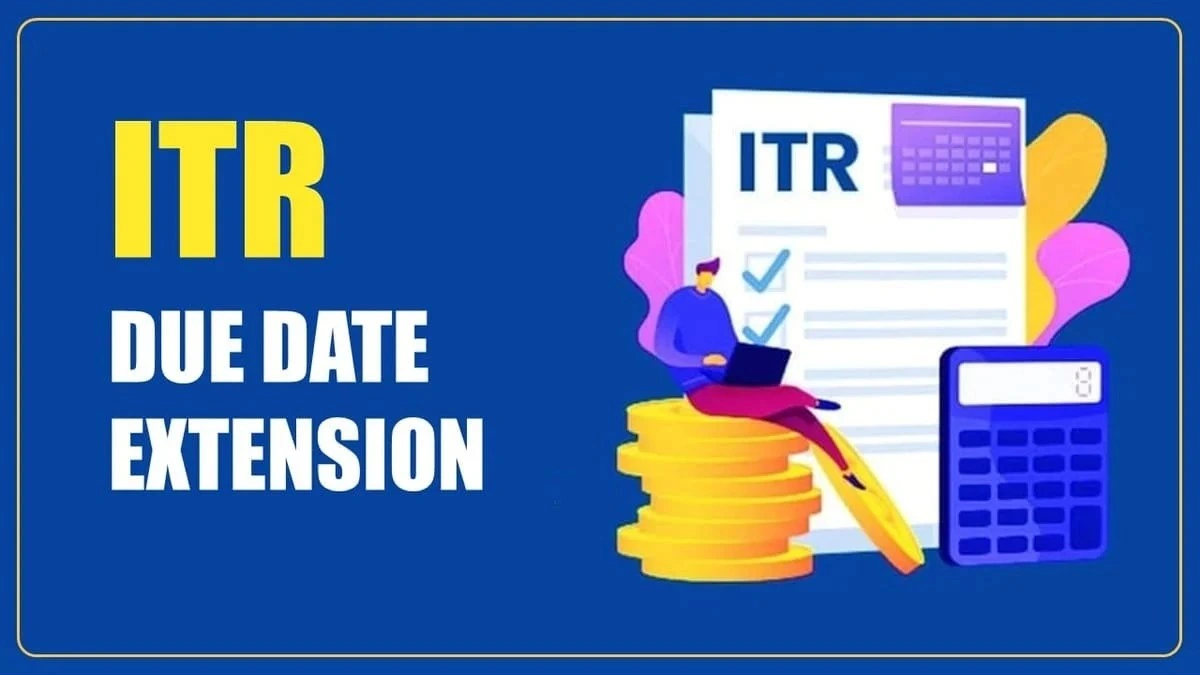The ITR Deadline Is Extended (Again). Here’s the Real Story Nobody Tells You.
Let’s be honest. It’s the annual Indian drama we’ve all come to expect, right? The last week of July rolls around, and suddenly your social media is a chaotic mix of three things: memes about procrastinators, panicked posts from friends asking “Hey, have you filed yet?”, and the desperate pleas of Chartered Accountants to the Finance Minister on X (formerly Twitter).
And then, just as the collective anxiety reaches its peak… it happens. The news breaks: the itr filing deadline extended . A national sigh of relief. The procrastinators get a fresh lease on life, and the memes pivot from panic to celebration.
But here’s the thing. We see this happen so often that we’ve started treating it like a festival. An expected holiday in the tax calendar. But have you ever stopped, grabbed a cup of chai, and truly wondered why this happens? It’s not just a random act of kindness from the government. An extension isn’t a gift; it’s a symptom. It’s a fascinating signal about our tax system, our behaviour as taxpayers, and the immense pressure cooker that is India’s financial compliance machine. So, let’s pull back the curtain. This isn’t just about a new date; it’s about understanding the entire system.
The Annual Ritual | Why Does the ITR Deadline Always Seem to Bend?
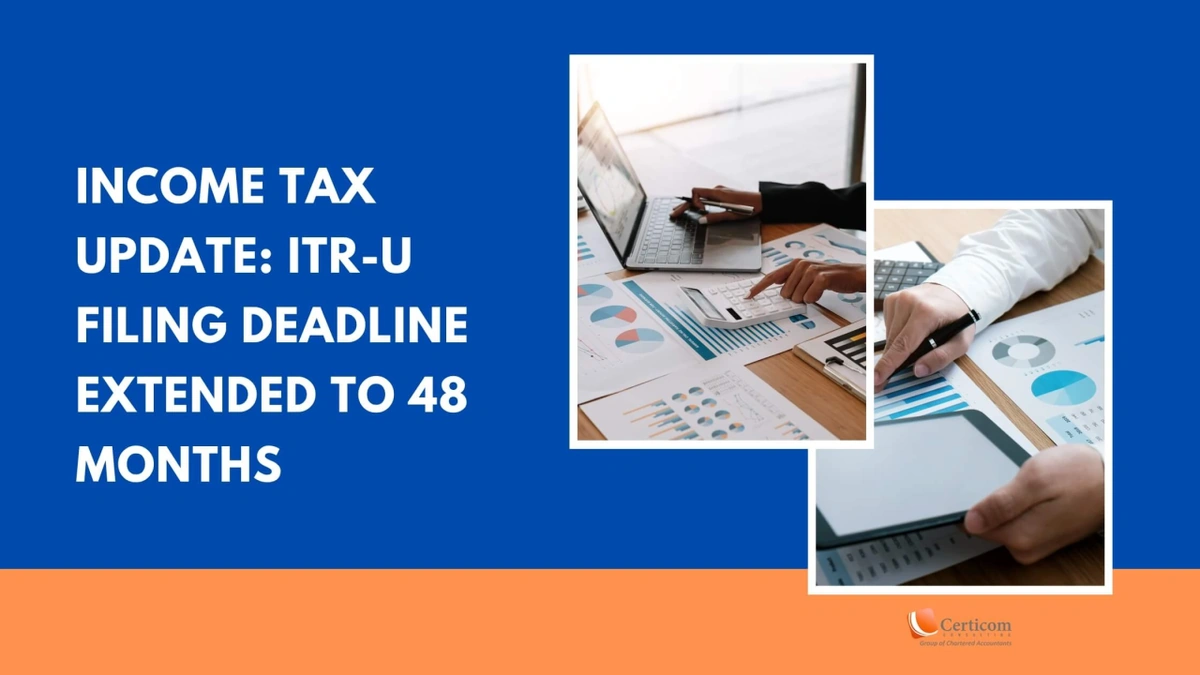
You might think the government just picks a date, and we’re all meant to stick to it. Simple. But the reality is a complex dance between technology, policy, and human behaviour. The deadline extension has become less of a surprise and more of an annual tradition, and I’ve noticed a few core reasons that pop up year after year.
First, there’s the sheer scale. We’re talking about crores of taxpayers trying to access a single digital portal in a very short window. It’s like the entire country trying to book a train ticket on the IRCTC website on the first day of Diwali bookings. Things are bound to creak and groan. But the reasons go much deeper than just web traffic.
What fascinates me is the psychological game at play. Because extensions have become so common, a significant portion of taxpayers (and even some professionals) now subconsciously expect one. This creates a self-fulfilling prophecy: people wait until the last minute, the system gets overloaded, professionals get swamped, and the government is pressured into granting an extension to avoid a total meltdown. It’s a vicious cycle.
Behind the Curtain | The Real Reasons for an Extension (It’s Not Just for You)
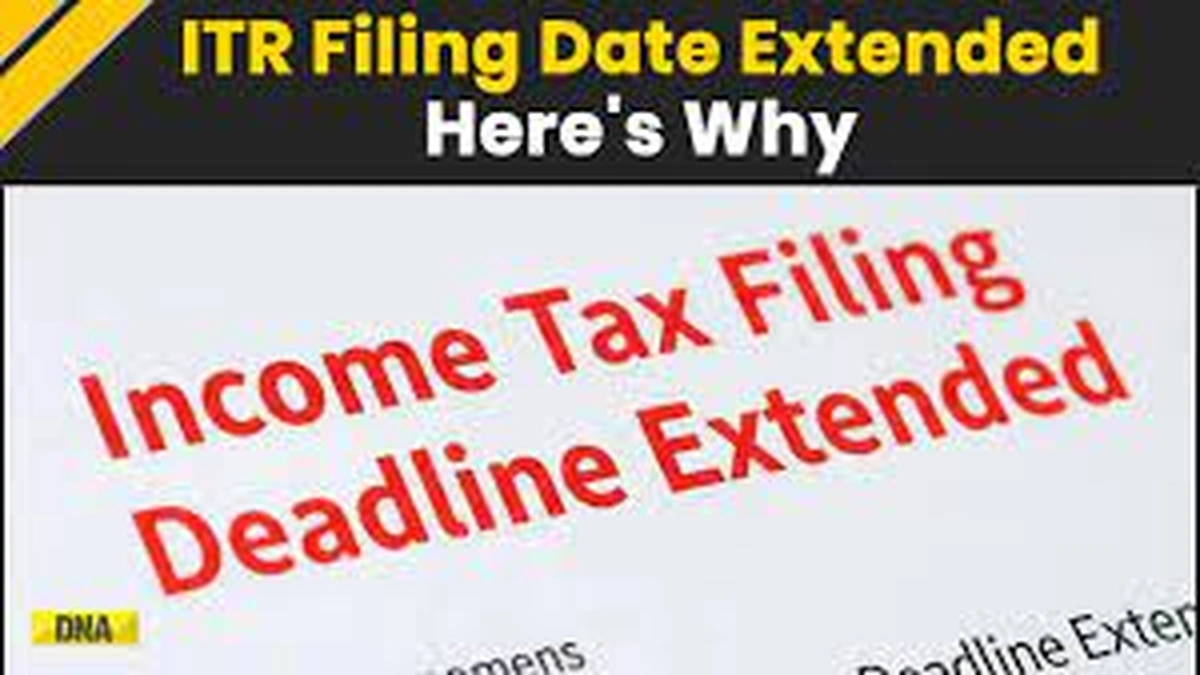
While it feels like the extension is for us, the individual taxpayer running against the clock, the real drivers are often much larger, systemic issues. I initially thought it was just about server capacity, but after years of observing this, I realized it’s a multi-layered problem.
1. The Infamous Portal Glitches: Let’s talk about the elephant in the room the new income tax portal . Migrating an entire country’s tax infrastructure to a new platform is a Herculean task. As theofficial Income Tax portalhas evolved, it has faced its share of teething problems. From OTPs not arriving on time to data from the Annual Information Statement (AIS) not populating correctly, these technical snags can make filing impossible for many. When these issues are widespread, the government has no choice but to extend the date. They can’t very well penalise you for a problem on their end, can they?
2. The Professionals’ Plea: Imagine being a Chartered Accountant in July. You’re juggling hundreds of clients, each with their own unique financial complexities. Now, add last-minute document submissions from clients and persistent portal bugs to the mix. It’s an impossible task. This is why powerful bodies like the Institute of Chartered Accountants of India (ICAI) and other tax professional associations actively lobby the Ministry of Finance. They compile evidence of technical issues and the overwhelming workload, making a formal, data-backed case for an extension. Their voice carries significant weight.
3. Delayed Utilities and Clarifications: Sometimes, the delay isn’t from the taxpayer or the portal, but from the tax department itself. Tax laws are constantly evolving. The government might release updated ITR forms or the software utilities needed to file them (the “JSON utility”) quite late in the season. Or, a new rule might be introduced without clear instructions, leaving everyone confused. When the tools or the rules of the game are provided late, it’s only fair that the players are given extra time to play.
Your New Game Plan | How to Use This “Bonus Time” Like a Pro
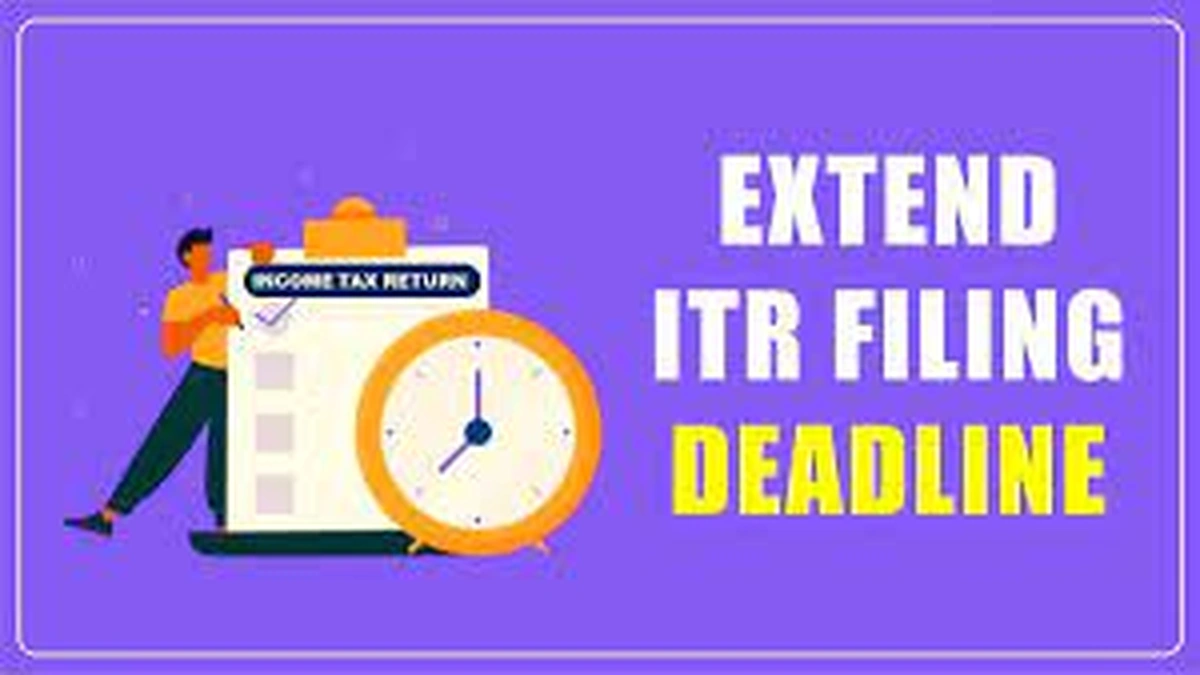
So, you’ve been given a lifeline. The natural instinct is to relax and put it off until the new last minute. Don’t. Please, don’t fall into that trap. This extension is not a holiday; it’s an opportunity. Here’s how you can use this extra time to your advantage and avoid the same panic in a few weeks.
First, Gather and Reconcile Everything. Now. Use this time to meticulously collect every single document: your Form 16s, bank interest certificates, home loan statements, donation receipts, and records of any capital gains. The most crucial step is to download your Annual Information Statement (AIS) and Taxpayer Information Summary (TIS) from the portal. Match every single entry with your own records. This is where most errors and subsequent tax notices happen. This is your chance to do it right, without the pressure.
Second, Don’t Rush the Filing. Review It. Since you’re not racing against a ticking clock, you can fill out your ITR, save a draft, and come back to it a day later with fresh eyes. Double-check your personal details, your bank account number (for that precious refund!), and every deduction you’ve claimed. A simple typo can delay your refund for months. It’s a bit like proofreading an important email before you hit send. Getting your finances in order is a great feeling, and while you’re at it, you can take care of other loose ends, like when you need to check nsdl ipo allotment status for a recent investment.
And finally, File Early in the Extension Period. Do not wait for the new deadline. The servers will inevitably get clogged again. By filing early, you not only get peace of mind but also ensure your return is processed faster, which means you get your refund (if any) much sooner. Think of it as beating the traffic before it even starts.
The Hidden Costs of an Extension (Yes, There’s a Downside)
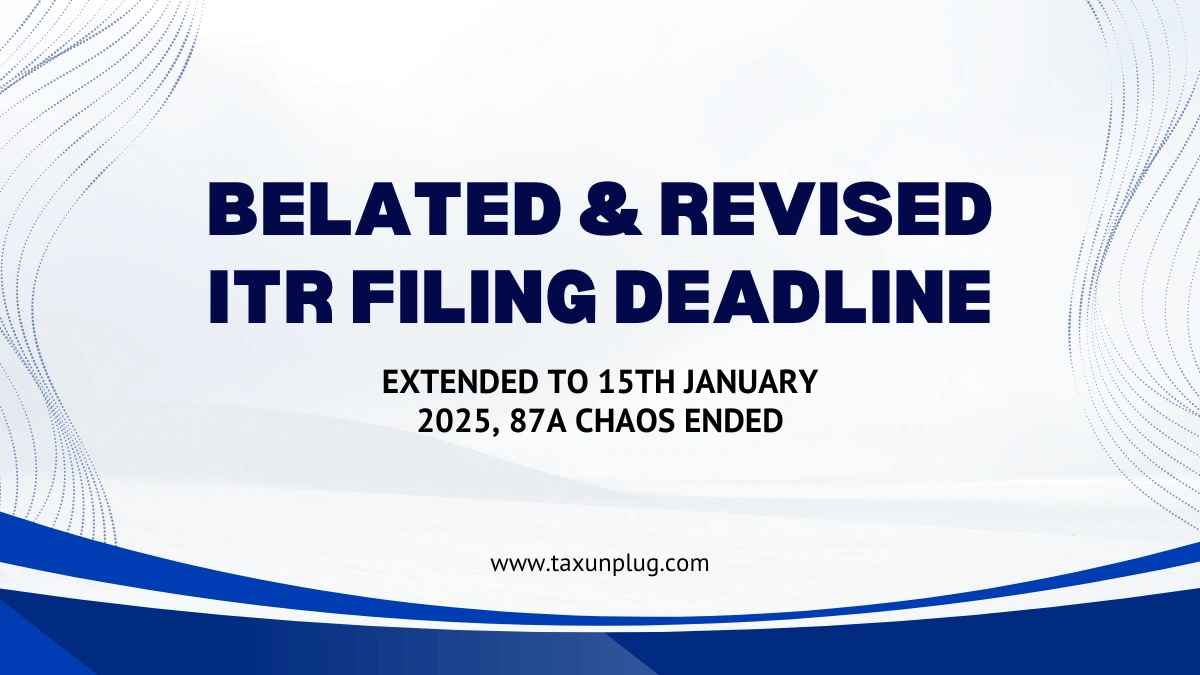
While we celebrate the extension, it’s important to understand that it’s not without its drawbacks. For one, if you owe the government tax, the extension of the filing deadline does not mean an extension for paying your tax. Interest on your tax liability (under Section 234A, B, and C) might still be accumulating from the original due date. A lot of people miss this crucial detail and get a nasty surprise later. The deadline is for filing the return, not for paying the tax you already owe.
Furthermore, the later you file, the later your return gets processed. This means if you are due a refund, you are essentially giving the government an interest-free loan for a longer period. Your money will take longer to come back to you. The system also gets clogged, which can create a backlog that impacts other processes, like the issuing of a sec admit card guide for other government-related activities which might rely on timely data processing.
Frequently Asked Questions (FAQs)
So, what exactly is the new income tax return last date?
The new, extended deadline is officially announced by the Central Board of Direct Taxes (CBDT) through a notification. Always check the official Income Tax portal or a trusted financial news source for the exact date for the current assessment year, as it can vary.
Is there a penalty if I file after the original date but before the new extended one?
No. If you file your return within the extended deadline, it is treated as if you filed on time. You will not face any late filing fees or penalties for that period.
What happens if I still miss the extended deadline?
If you miss the extended deadline, the consequences kick in. You will be liable for a late filing fee for ITR under section 234F of the Income Tax Act. This can be up to ₹5,000. Additionally, you may lose the ability to carry forward certain losses and will have to pay interest on any tax due.
I already filed my ITR. Can I change it?
Yes, absolutely! If you rushed and filed before the deadline and now realize you made a mistake or missed a deduction, you can file a Revised Return. The extension gives you more time to review and revise your original return for accuracy.
Does this extension apply to all taxpayers?
Generally, the most talked-about extension is for salaried individuals and those whose accounts don’t need to be audited. The deadlines for companies and other taxpayers who require an audit are usually later in the year and may have their own separate extensions. Always check the official circular to see which categories of taxpayers the extension applies to.
So, the next time you see the news that the ITR filing 2024 deadline has been extended, don’t just see it as a chance to procrastinate more. See it for what it is: a sign of a system under strain, and more importantly, a golden opportunity for you. It’s a second chance to be diligent, to be thorough, and to take control of your financial life without the Sword of Damocles hanging over your head. Use it wisely.
